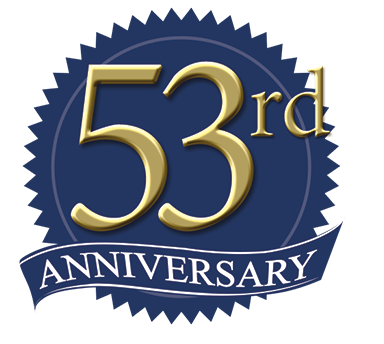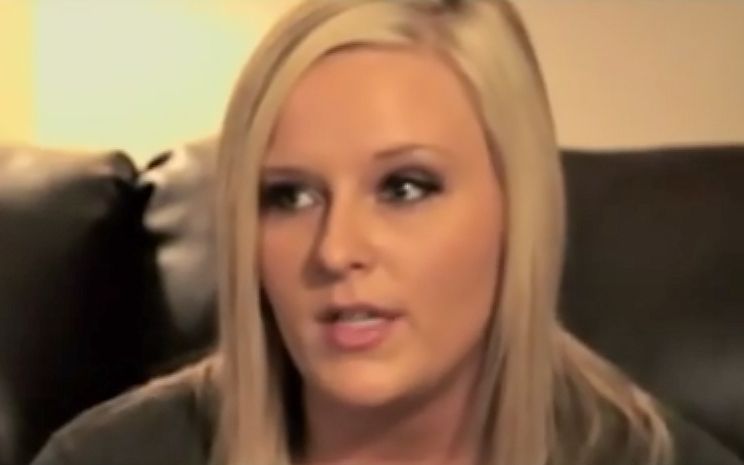
There are around 400,000 children in the foster care system in the United States. Under the most ideal circumstances, children in foster care are provided a safe and loving environment in which they can flourish. Tragically, however, far too many children never get that chance. Instead, abuse and neglect become their daily realities. According to […]
Read More









